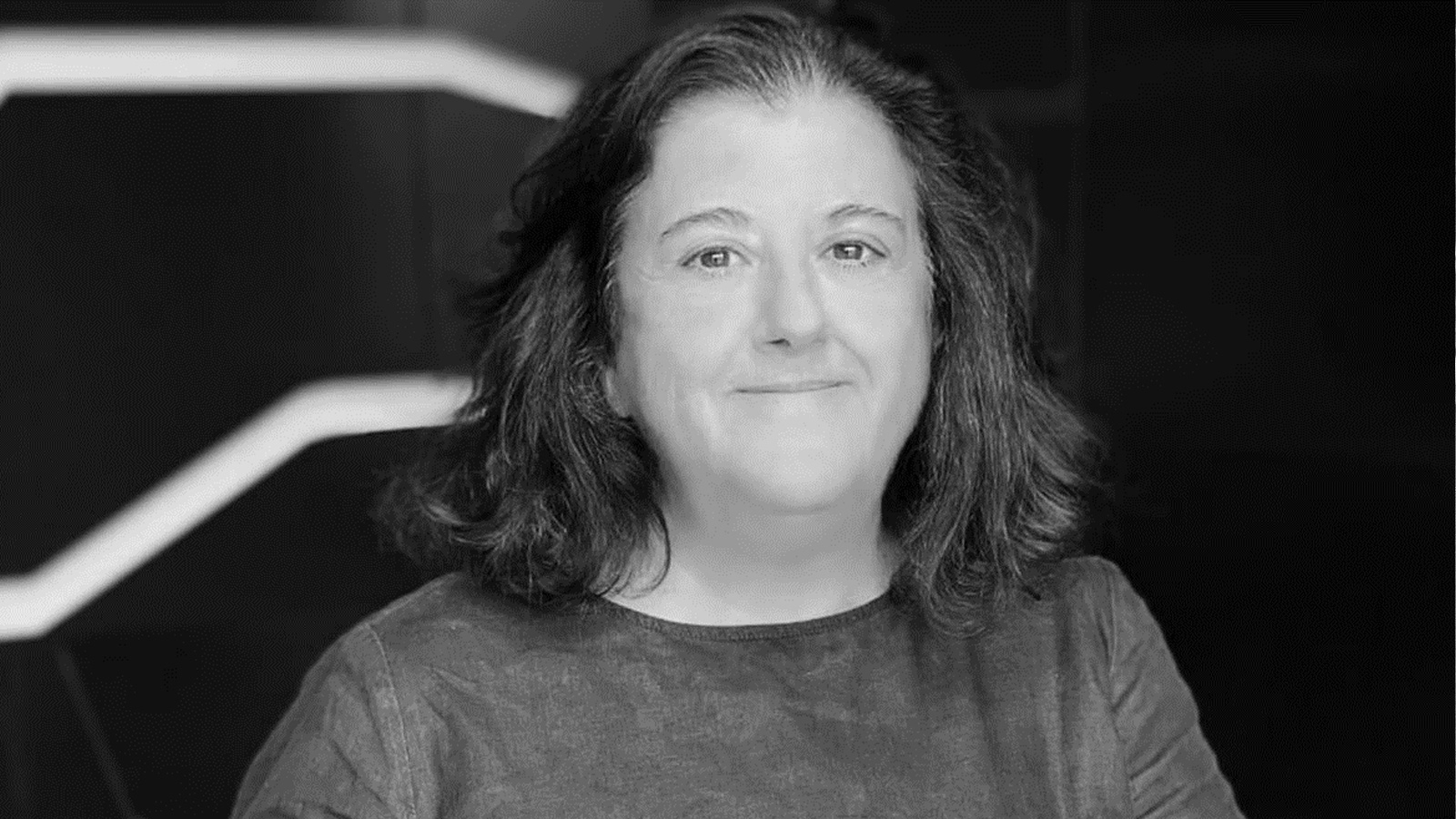
“Watara started because of a love for audio,” says Nada Abdelsamad, a veteran journalist and former editor of BBC Arabic Service Beirut, and one of three founders of the Arabic podcast platform. Watara was launched at the end of 2023.
The platform aims to shed light on pressing issues in the Middle East and North Africa region including gender inequality, climate change and mental health stigma, while encouraging discussions and social change.
Nada explains that Watara aims to provide a space for diverse perspectives to be heard and is envisaged as a platform to amplify marginalised voices. She believes that by giving visibility to the experiences of those who are affected by abuse, discrimination and stigma, Watara can help enable positive change within Arab society.
Nada relates that what sets Watara apart from other podcast platforms in the region is its original format of docu-style field reporting. This means that the podcast producer captures sound bites from the environment in which the episode and speakers are set, giving ‘colour’ to the content. This allows listeners to be fully immersed.
“The secret to good radio and good podcasts is letting people see what you are saying,” says Nada.
The Watara team’s objective is to produce a high-quality podcast which is both accessible and impactful. They do this by featuring diverse perspectives on pressing issues and by focusing on how the message is delivered. Each episode is carefully crafted, “We work slowly but steadily because we are here to stay,” she says.
While its founders are based in Lebanon, Watara’s audience and content is regional. The podcast has already featured speakers from different nationalities and backgrounds and has covered themes across various countries.
“When you listen to the podcast, you hear a lot of accents and you feel that you can relate whether you are in Baghdad or Libya or elsewhere,” Nada says.
“We have already managed to attract strong guests and we have a good reputation even though Watara is still in its infancy. We believe that as credible journalist ourselves, this helps us reach out to people, as they know us from our work in the region over many years.”
So far, Watara has covered a wide range of themes and key issues in Arab society which are taboo or rarely addressed. Previous podcasts have addressed the stigma around disability, the perspectives of young people from different Arab countries on what the future holds for them, and the consequences of climate change in the region.
The first podcast show produced by Watara was ‘Our Shades’. As Nada explains, the episodes focused on the mental health of journalists covering wars and catastrophes in the region, their trauma, and the overall impact that covering these kinds of contexts has on them.
“We did a variety of interviews with different journalists from different Arab countries talking about the impact of what they are going through, especially on their mental health, because we think that mental health is a taboo. It is considered marginal, not important. We wanted to push this topic forward in order to break the taboo and make it something that needs to be discussed,” says Nada.
The current war in Gaza and the dramatic heightening of violence in both Gaza and the West Bank is the focus of some of the episodes of ‘Our Shades’.
“We started with Gaza. We thought that the mental health aspect should be highlighted because it's neglected. We see journalists who are talking about what’s going on, posting photos, talking about their family being killed, but we don't see the impact of this on them. We talked to newly traumatised people and to people who covered the war before [7 October] to highlight the impact of this kind of coverage on them as journalists,” she explains.
As a very recent project, launched only a few months ago, the main challenge faced by Watara’s team is securing long-term funding from donors to ensure its continuity. As the first and currently sole funder of Watara, EED’s support was vital to launch the platform and it financed the production of its first episodes.
“We got a positive answer from EED and this is how we started. If we did not have the EED grant, we would not have been able to launch our podcast. It’s as simple as that. It’s the reason why we were able to push our content and project” says Nada.
Nada and the rest of the Watara team are now focused on developing their audience on Instagram. The goal is to reach a wide audience throughout Arab countries in particular youth and hard-to-reach, or otherwise marginalised, audiences.
While the podcasts are currently only available in Arabic, Nada explains that they would like to eventually make their content available in English and French as well.
“We have started to have an impact. Not a huge one but it’s a good one,” says Nada.
This article reflects the views of the grantees featured and does not necessarily represent the official opinion of the EED.